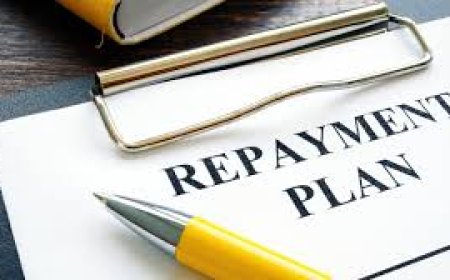Best Strategies to Save for Your First Home

Saving for your first home can be a daunting task, but with the right strategies, it can be achievable. The first step is to create a budget that accounts for all your income and expenses. By tracking where your money is going, you can identify areas where you can cut back and allocate that money towards your home savings. Consider using the 50/30/20 rule as a guideline, where 50% of your income goes towards necessities, 30% towards discretionary spending, and 20% towards saving and debt repayment.
Another effective strategy is to take advantage of high-yield savings accounts or certificates of deposit (CDs) that offer higher interest rates than traditional savings accounts. This can help your savings grow faster over time. Additionally, consider investing in a tax-advantaged retirement account or a taxable brokerage account to potentially earn higher returns, although this comes with some level of risk.
Utilizing government incentives is also a crucial strategy. Many governments offer programs such as first-time homebuyer grants, tax credits, or matched savings programs. These programs can significantly reduce the amount you need to save or provide additional funds towards your down payment. Research the programs available in your area and understand the eligibility criteria to maximize your benefits.
Furthermore, automating your savings can help ensure consistency. Set up automatic transfers from your checking account to your savings or investment accounts. This way, you won't have to think about saving; it will happen automatically. You can also take advantage of employer-matched savings plans if available.
It's also important to consider the total cost of homeownership, not just the down payment. This includes closing costs, inspections, appraisals, and ongoing expenses like mortgage payments, property taxes, insurance, maintenance, and repairs. Factoring these costs into your savings plan will help you avoid financial strain once you purchase your home.
Lastly, staying disciplined and patient is key. Saving for a first home often takes time, and it's essential to stick to your plan even when faced with financial setbacks or temptations to spend. Regularly review your budget and savings progress to make adjustments as needed.
By implementing these strategies and maintaining a long-term perspective, you can successfully save for your first home and achieve your dream of homeownership.




















